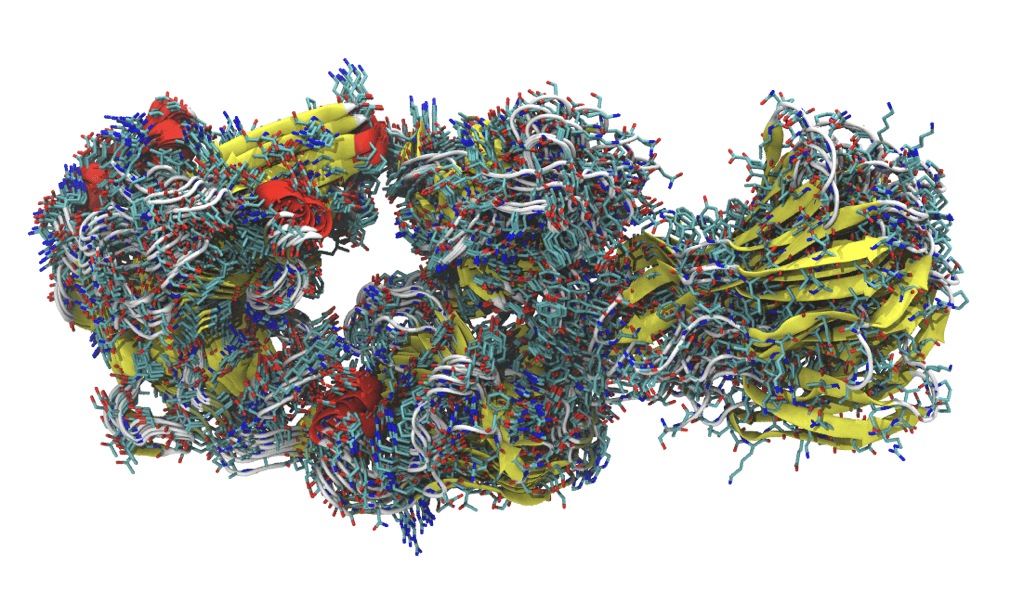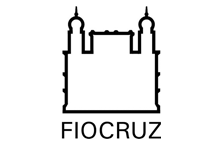Introduction

May 5th to 11th 2019, Recife/PE, Brazil
Aggeu Magalhães Institute, Oswaldo Cruz Foundation
(Av. Moraes Rego, s/n, Campus da UFPE - Cidade Universitária)
(Av. Moraes Rego, s/n, Campus da UFPE - Cidade Universitária)
Structural-guided modeling is a central tool in understanding the fundamental properties of proteins and in engineering of new ones. Rosetta macromolecular modeling package provides a unified framework for structure prediction and design of proteins. This school will give an introduction to how Rosetta can be used to address questions in both prediction and design. It will combine morning lectures introducing the theoretical background for the simulation methods used in Rosetta with afternoon sessions where the participants will get practical experience of using the program.
The following sessions are planned for the five days of the workshop:
1) Introduction to Rosetta
2) Writing your own Rosetta protocol with RosettaScripts
2) Writing your own Rosetta protocol with RosettaScripts
3) Protein design: From structure to interface design
4) Folding proteins by including the knowledge from sequences
5) Tutorial rampage: Immerse yourself in your favorite Rosetta topic
The goal is to give the participants the ability to independently use Rosetta to explore problems in structural biology.
All participants are expected to be students and post-docs with previous experience in molecular simulations and they are instructed to bring his/her own laptop with unix-based operating system (mac or Linux), required for use in the practical sessions. The list of open-source software to be used during the tutorials will be informed upon selection of participants.
All participants will present their work in a 5min oral presentation, in English. The idea of this oral presentation is to integrate the school participants and raise issues for discussions and collaborations. Therefore, this presentation should have the main question of the research project and the strategy used to answer it.
The Advanced School in BioMolecular Simulations is promoted by the BioMol project (www.usp.br/biomol) is a cooperative effort between researchers from the Aggeu Magalhães Institute at the Oswado Cruz Foundation, Federal University of Pernambuco (UFPE) and the University of São Paulo (USP). One of the main goals of the BioMol project is to promote education and technical training of biologists, chemists, computer scientist, mathematicians, and physicists for research in the field of bioinformatics.
Name of the participant
Aline Sanches Perez
Antonio Fernando da Purificação Jr
Carlos André dos Santos Silva
Danilo Fernandes Coêlho
Diana Andreia Pereira Lousa
Felipe Akihiro Melo Otsuka
Felipe Trajtenberg
Fernando Bruno da Silva
Flavia Pirola Rosselli
Higor Vinícius Dias Rosa
Ingrid Bernardes Santana Martins
Jéssica Cristiane Magalhães Ierich
Khayth Marronny Rabelo Nagata
Larissa Gonçalves Maciel
Leticia Alves da Silva
Luiz Felipe Gomes Rebello Ferreira
Madson Allan de Luna Aragão
Manuela Correia Dionísio
Mario Andres Rodrigues Pineda
Marx Oliveira de Lima
Matheus Vitor Ferreira Ferraz
Maximilia Frazão de Souza Degenhardt
Mira Raya Paula de Lima
Pablo Ricardo Arantes
Patricia Muniz M. Freire de Moura
Peter Park
Sergio Alejandro Poveda CuevaS
Thaís Meira Menezes
Vinicius Firmino dos Santos
Wenny Camilla dos Santos Adan



